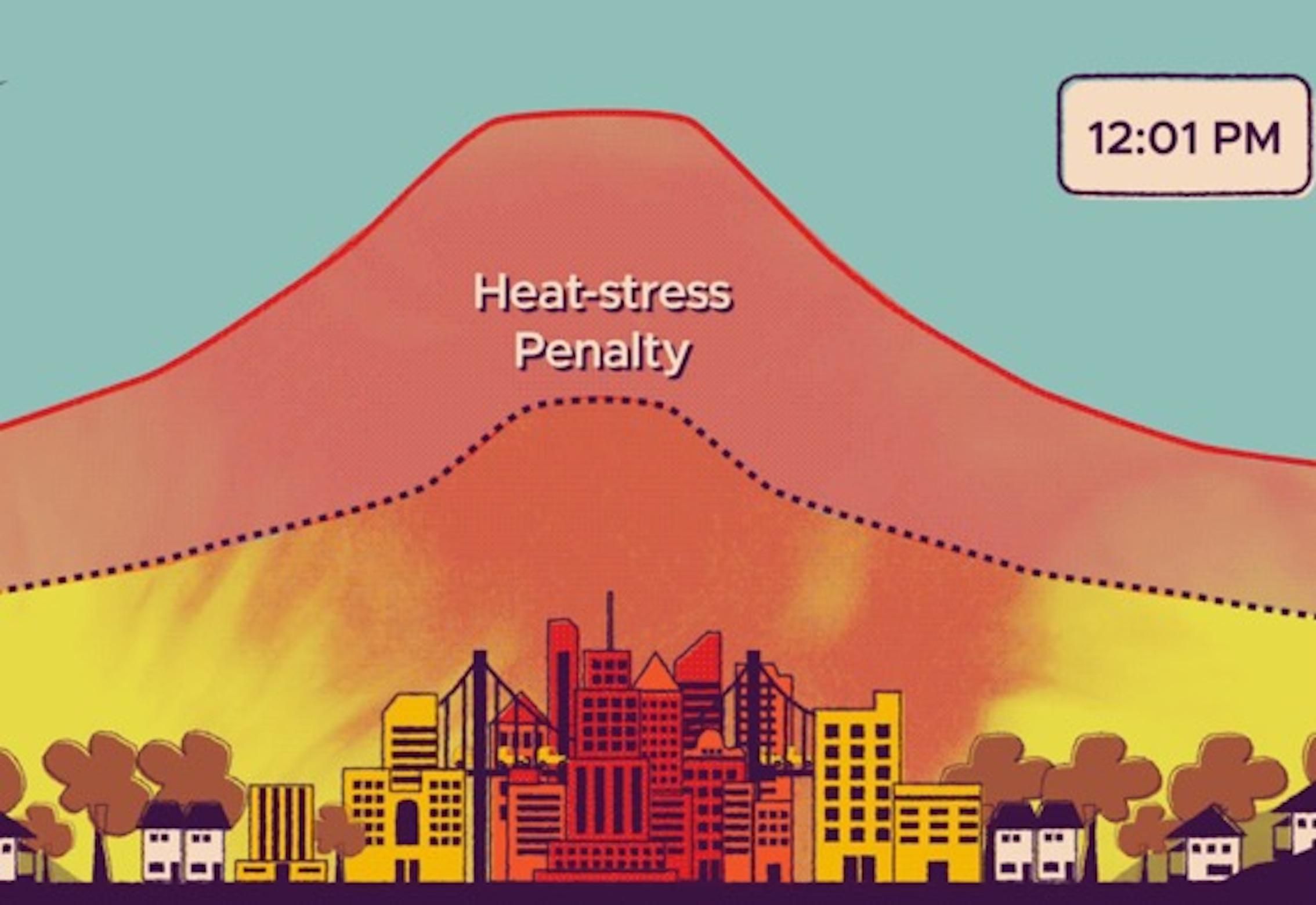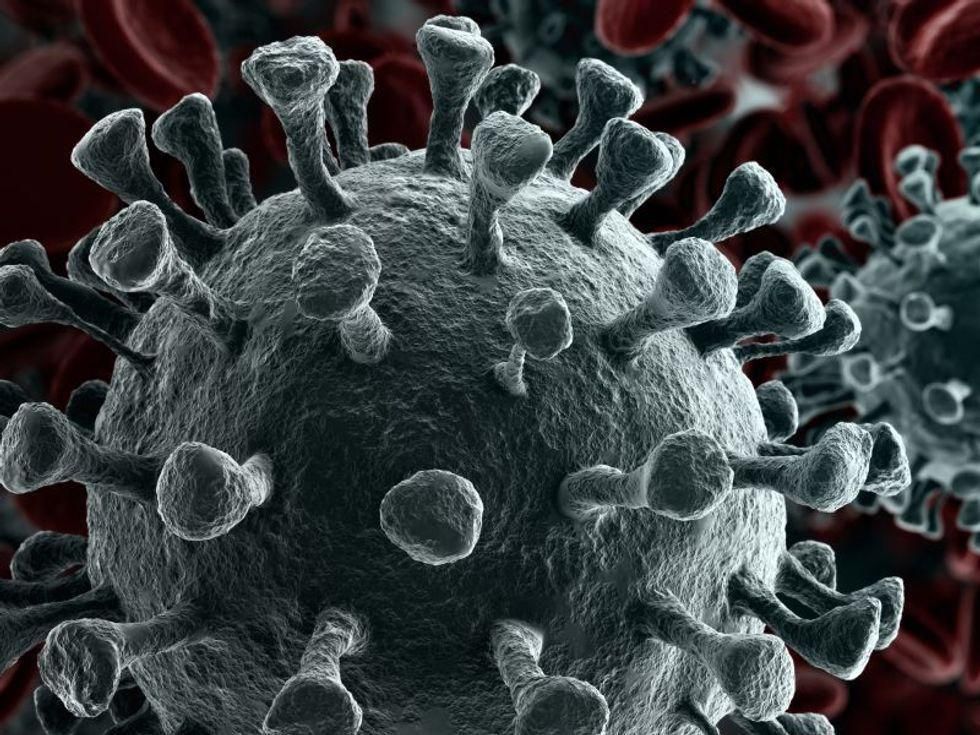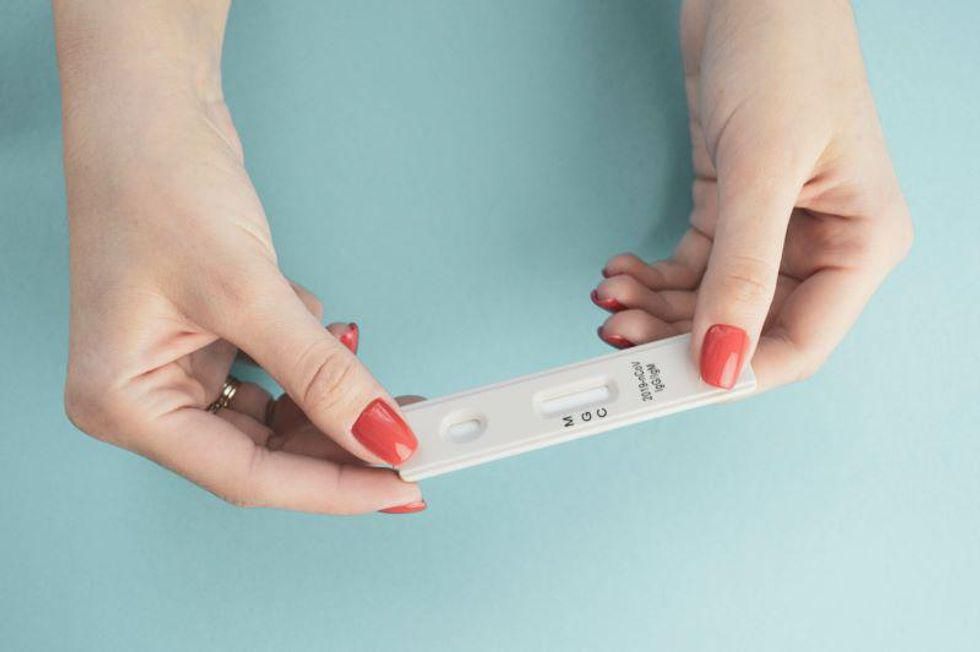
After former President Donald Trump said he had gotten a booster shot during an event in Texas this week, boos erupted from parts of the crowd. The incident occurred Sunday during a stop of Trump’s tour with former Fox News host Bill O’Reilly and was recorded in a video tweeted by O’Reilly’s “No Spin News.”… read on > read on >






























